The world is on track for a rise in temperature of 2.7C by the end of the century, according to new research. This increase would put one-third of the global population in uninhabitable conditions, forcing up to 1 billion people to migrate to cooler regions.
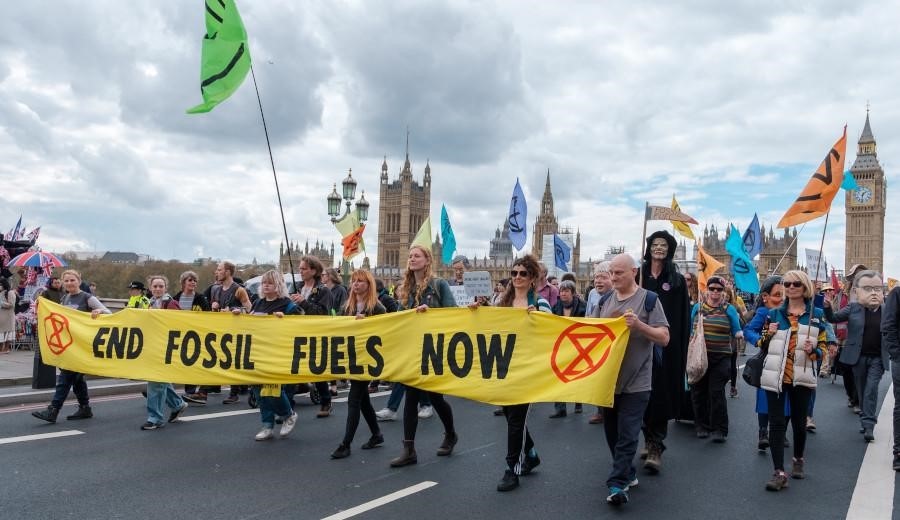
But even there, heatwaves, droughts and disease will become more frequent as a result of hotter, more humid weather.
The authors of the study, published in nature.com, believe this is the first time analysis of climate change has considered global citizens equally in terms of living conditions rather than the economic cost of the crisis. Traditionally, climate research has been skewed towards richer nations. It shows the failure of 27 successive Conventions on Climate Change (COP), where pledges have come, failed to be adopted and gone. According to this latest research, even fully implementing all the 2030 nationally determined pledges and net zero targets will still lead to almost 2C in global warming later this century, far above the 1.5C target which is believed to be needed to limit human suffering.
If “end of this century” doesn’t sound urgent enough, consider that 2080 is only 57 years away. Young adults, teenagers, children and babies born today will no doubt face the consequences of these policy failures. Given the negligence of governments and corporations around the world it is left up to people at the local level to try and reverse this damage.
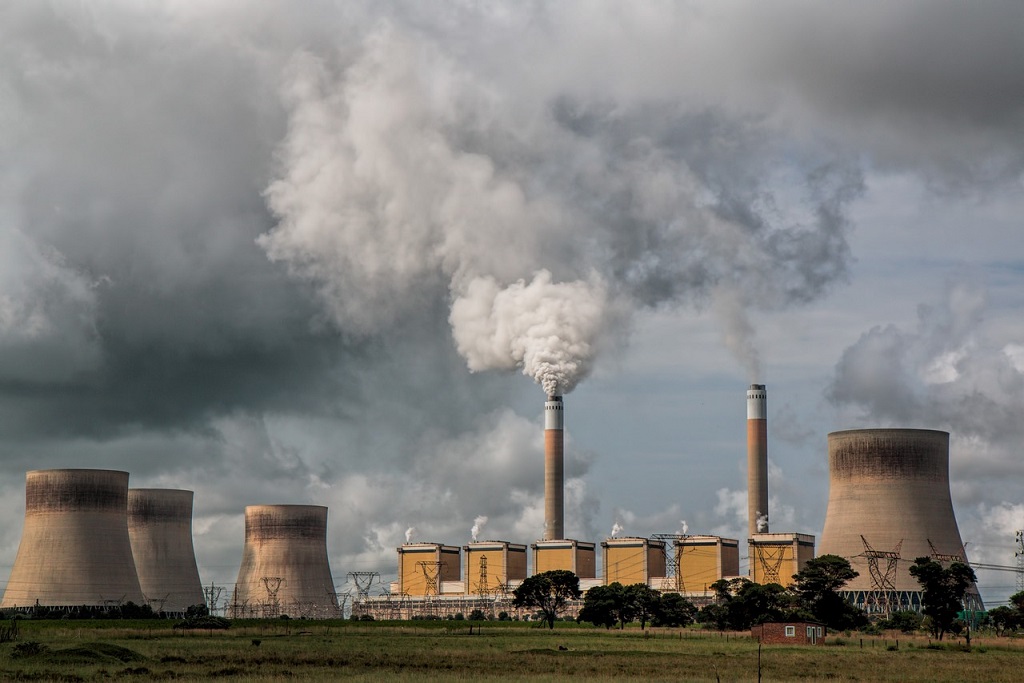 The people vs climate injustice
The people vs climate injustice
In 2022, the UK was one of many countries experiencing its hottest temperatures on record.
The climate justice movement — led by Extinction Rebellion, Just Stop Oil, Insulate Britain, and many more — staged an unprecedented number of protests and acts of civil disobedience to draw attention to the emergency.
Among this movement the Council Tax Strike also emerged. This grassroots campaign calls for people to withhold payment of council taxes until local councils stop approving environmentally-damaging projects, destroying woodland, and banking with institutions that finance the fossil fuel industry.
Dr Jane McCarthy, a resident in Buckinghamshire, England, joined the Council Tax Strike when she began shielding during the Covid-19 pandemic. McCarthy, 72, has incurable cancer and is immunocompromised, but wanted to protest her local council’s involvement in financing fossil fuel firms.
Buckinghamshire Council’s pension fund is managed by the Brunel Pension Partnership (BPP) and held by Barclays Bank, the biggest lender to fossil fuel companies in the UK and Europe. Residents have repeatedly written to councillors to ask for the council to terminate its contract with the bank, but say they are failing to accept responsibility and instead send responses that ignore the questions they ask.
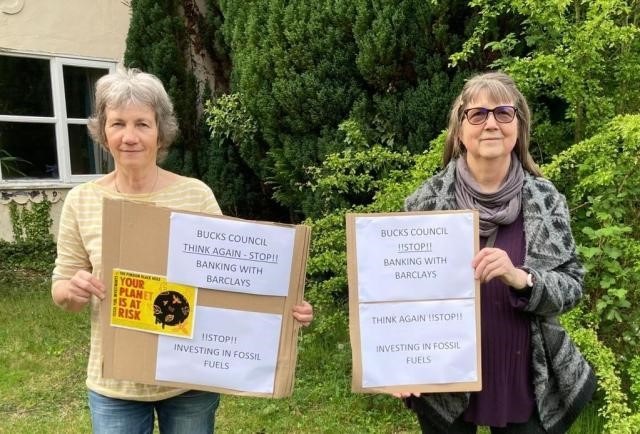
Much of this correspondence, along with Freedom of Information (FOI) requests, is archived online.
“They have never directly responded at all,” McCarthy says. “And I’ve ended up being taken to court as a result.”
Jane McCarthy’s strike for the climate
McCarthy first became aware of climate “tipping points” when she attended a Quaker meeting. “After that, I went to a workshop in London where we were told about the campaign to divest from fossil fuels. I brought this [idea] back to our local area, and some of us started approaching Buckinghamshire council to say we were concerned. Our first letter [to the council] went out in January 2019.
“We campaigned pretty hard for at least a year and got nowhere. It’s very difficult to get the council to engage at all.
“Then the pandemic limited the ways I can act against the damage that’s being done. I heard about council tax strikes, focused on the local authority and the actions they’re taking. [Councils] need to be focused on something that is actually within their power to do.”
McCarthy says she was able to choose this form of protest as she lives alone, is a British citizen and is retired, so there are no implications for a partner or dependents, work or her citizenship status. It is not a decision she took lightly, and she has set the money aside to pay her council tax for a time when the council does decide to divest from Barclays.
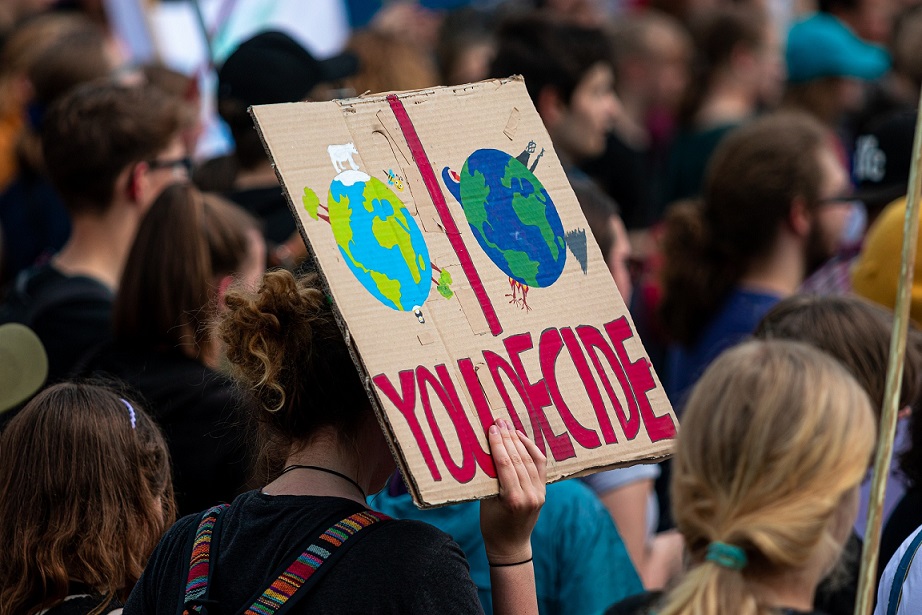 “It’s a really difficult thing to do because the money is needed. But what they’re doing is destroying everybody’s future. If they make bad decisions, it’s the taxpayers who have to make up the shortfall.”
“It’s a really difficult thing to do because the money is needed. But what they’re doing is destroying everybody’s future. If they make bad decisions, it’s the taxpayers who have to make up the shortfall.”
Buckinghamshire Council’s response was to take her to court and issue her with a liability order to claim payments.
The case has now been passed to the Enforcement Team, in other words, the bailiffs. “Because of my age and my health, and the fact that I live alone, they are meant to regard me as vulnerable and there are certain precautions they’re supposed to put in place. The worry is whether the bailiffs will do what they’re supposed to do, as they don’t have the best reputation.”
She doesn’t deny that she is worried, and ultimately there is the risk of a prison sentence, but she has no plans to back down yet.
An end to fossil fuel funding
“What we’re able to do with this campaign is make it very clear to the council that we’re not going away,” McCarthy says.
“The only thing they fall back on time after time, is that their policy is to engage with fossil fuel companies rather than to remove their funding. It feels like they hide behind the BPP, who face quite difficult issues.”
 The BPP manages £30bn ($37bn) for local government pension schemes across England, and is a shareholder in oil firm BP. Along with four other pension funds, the group voted against reappointing BP’s chairman Helge Lund in April this year after the company backtracked on its promise to cut greenhouse gas emissions by up to 40% by the end of this decade. In February, BP revised this figure down to between 20% and 30% to enable it to extend the life of existing fossil fuel projects. But when it came to voting, the majority of shareholders still backed Lund.
The BPP manages £30bn ($37bn) for local government pension schemes across England, and is a shareholder in oil firm BP. Along with four other pension funds, the group voted against reappointing BP’s chairman Helge Lund in April this year after the company backtracked on its promise to cut greenhouse gas emissions by up to 40% by the end of this decade. In February, BP revised this figure down to between 20% and 30% to enable it to extend the life of existing fossil fuel projects. But when it came to voting, the majority of shareholders still backed Lund.
For the past year Buckinghamshire residents have been running a petition to ask the council to divest from fossil fuels, which has just been submitted to all councillors with more than a thousand signatures from local residents.
“We want Buckinghamshire Council to give the BPP very clear direction to remove all investments from fossil fuels, and have a very clear schedule for doing that,” McCarthy says.
“The other part of our protest is to stop banking with Barclays, a major financier of fossil fuels. They’ve said they have an arrangement with Barclays, but that doesn’t mean they can’t start actively looking at alternatives.”
 “I think councillors feel overwhelmed by technicalities and feel that they have to rely on financial expertise,” McCarthy adds. “But there are also questions being asked from people at the top about what that financial expertise is built on. The way risk is measured is based on the idea that the world is reasonably stable, so there are big questions around that.”
“I think councillors feel overwhelmed by technicalities and feel that they have to rely on financial expertise,” McCarthy adds. “But there are also questions being asked from people at the top about what that financial expertise is built on. The way risk is measured is based on the idea that the world is reasonably stable, so there are big questions around that.”
The future of climate protest
The last 12 months have seen protests taking place across the UK on a scale that has not been seen since the 1970s. In turn, the government passed legislation giving police forces new powers to disperse peaceful demonstrations and arrest individuals, as well as increasing prison sentences. As an example, hundreds of people were arrested on the tenuous charge of “suspicion of disturbing the peace” during the coronation of King Charles III.
Human rights organisations around the world have raised the alarm over this curtailing of the right to protest — a staple of a functioning democracy which the UK can no longer credibly call itself.
“Our democratic rights are absolutely at risk,” McCarthy says. “They’re being severely curtailed in the face of an incredibly urgent need to take action on the climate. It’s an ecological emergency and it’s increasing all the time.
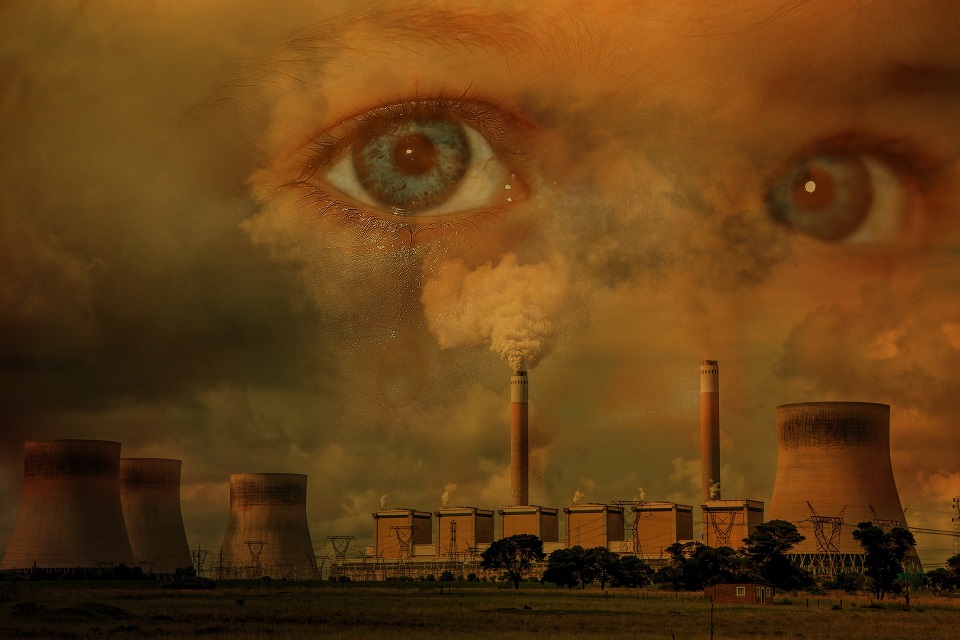 “Some of the time I’m really ashamed of what this government is doing. I’ve looked into my family history and I can find that centuries ago we were rural labourers living in the English countryside. My ancestors lived through the British Empire and I’m very conscious of the impact that that’s had, and continues to have, on countries around the world, and how tied up that is with the climate and ecological emergency. But I still want to believe that British people are better than that.
“Some of the time I’m really ashamed of what this government is doing. I’ve looked into my family history and I can find that centuries ago we were rural labourers living in the English countryside. My ancestors lived through the British Empire and I’m very conscious of the impact that that’s had, and continues to have, on countries around the world, and how tied up that is with the climate and ecological emergency. But I still want to believe that British people are better than that.
“In this country we’re among the fortunate in the sense that it’s not directly impacting us too severely, right now. But across the rest of the world it is appalling what’s happening.
“I think possibly the most optimistic part of it is that things are changing in the wider financial world,” she adds. “The risk of staying with fossil fuel investments is increasing all the time. There are legal actions being taken against pension funds and fossil fuel companies and there are more and more authoritative voices speaking up on it, so it becomes more and more apparent that they are taking real risks with pension fund money by staying in fossil fuels. And we will keep drawing that to their attention.”
*Article originally published by Nadja.
(Photos Nadja and Pixabay)












.jpg)












